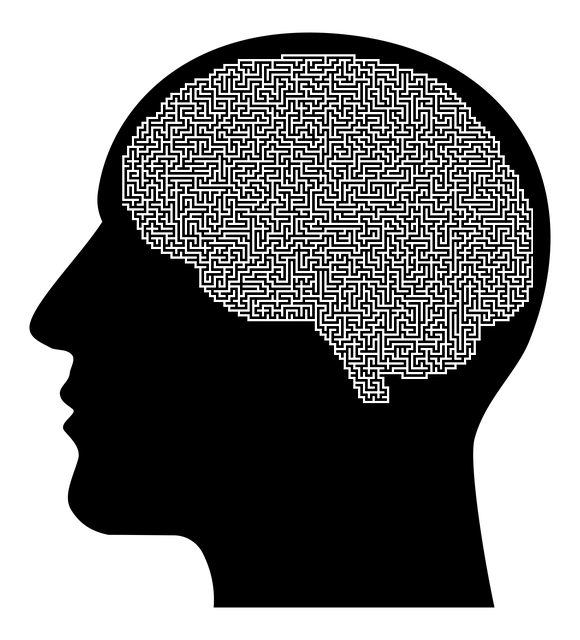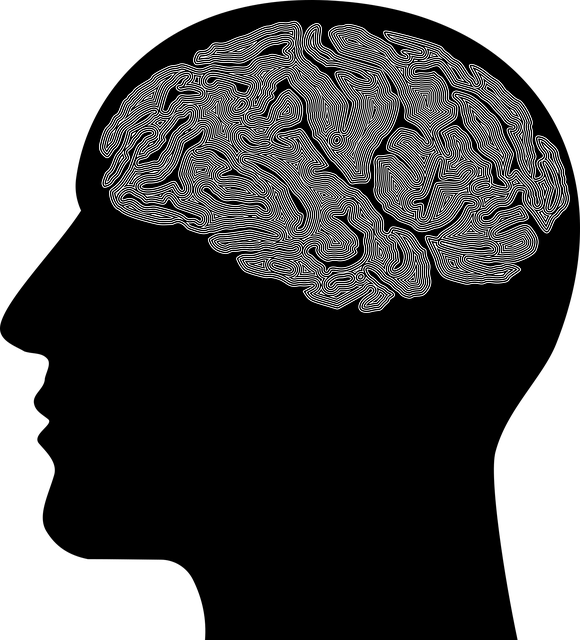Greenwood Village Depression Therapy leverages advanced analytics and machine learning to navigate complex mental health data. By analyzing demographics, symptoms, and patient stories, they uncover correlations between stress management, emotional healing, and other factors. This enables personalized care, improved risk assessment, and enhanced therapy outcomes. Their innovative approach benefits both individual patients and public initiatives by promoting proactive emotional well-being within the community.
Mental health data analysis has emerged as a powerful tool in understanding complex psychological conditions. This article explores the intricate process of interpreting mental health data, highlighting key challenges and advanced analytical techniques. We delve into how these methods enhance treatment approaches, focusing on Greenwood Village Depression Therapy’s innovative use of data to personalize care. By combining robust data collection with sophisticated analysis, mental health professionals can offer tailored interventions, ultimately improving patient outcomes.
- Understanding Mental Health Data: Collection and Challenges
- Advanced Analytical Techniques for Deep Insights
- Interpreting Findings: Personalized Therapy Approaches at Greenwood Village Depression Therapy
Understanding Mental Health Data: Collection and Challenges

Understanding mental health data involves navigating a complex landscape where symptoms, diagnoses, and patient narratives intertwine. Collectively, this data holds immense power to illuminate trends, patterns, and insights that can shape effective treatment strategies. However, the collection process is fraught with challenges. These include ensuring informed consent, maintaining patient confidentiality, and integrating diverse data sources—from clinical assessments to digital health tracking tools.
At Greenwood Village Depression Therapy, we recognize these hurdles. Effective mental health data analysis requires not just robust collection methods but also sophisticated tools for interpretation. By leveraging advanced analytics, we aim to uncover meaningful correlations between factors like stress management techniques, emotional healing processes, and patient demographics. This, in turn, facilitates more personalized care and improves risk assessment for mental health professionals, ultimately enhancing the quality of treatment and outcomes for all our patients.
Advanced Analytical Techniques for Deep Insights

In the realm of mental health data analysis and interpretation, advanced analytical techniques are revolutionizing how we understand and address psychological conditions such as depression. Greenwood Village Depression Therapy benefits significantly from these innovative methods, enabling more precise diagnoses and tailored treatment plans. By employing sophisticated algorithms and machine learning models, healthcare professionals can uncover deep insights hidden within vast datasets. This allows for the identification of subtleties in patient profiles that might otherwise go unnoticed, thereby enhancing the effectiveness of therapy.
These advanced techniques not only aid in individual patient care but also contribute to broader initiatives like Public Awareness Campaigns Development and Emotional Well-being Promotion Techniques. By analyzing trends and patterns across large populations, researchers can design more impactful campaigns that foster emotional regulation and prevent mental health disorders before they escalate. This holistic approach, powered by data analysis, ensures that communities, as a whole, become more resilient and better equipped to manage their emotional well-being.
Interpreting Findings: Personalized Therapy Approaches at Greenwood Village Depression Therapy

At Greenwood Village Depression Therapy, interpreting findings from data analysis plays a pivotal role in tailoring personalized therapy approaches. By delving into the unique patterns and trends within patient data, therapists gain invaluable insights to design treatment plans that resonate with individual needs. This nuanced approach ensures that each patient receives not just effective care but also deeply personalized support, enhancing their journey towards mental well-being.
The process involves a sophisticated analysis of various factors contributing to depression, including stress levels, lifestyle choices, and social dynamics. Integrating these data-driven perspectives allows therapists to incorporate innovative strategies into treatment, such as targeted mindfulness practices for burnout prevention or self-care routines tailored to address specific triggers. Furthermore, by sharing findings with patients in a compassionate manner, Greenwood Village Depression Therapy fosters public awareness campaigns development around mental health, encouraging proactive self-care practices and community support.
Mental health data analysis has evolved, enabling us to gain profound insights through advanced techniques. By understanding complex datasets, we can tailor therapeutic approaches, as demonstrated by Greenwood Village Depression Therapy. This article has explored the journey from data collection to interpretation, highlighting the potential for personalized care and improved mental health outcomes. Through continued research and innovative methods, we can unlock even more effective strategies, ensuring better support for individuals seeking help at facilities like Greenwood Village Depression Therapy.











